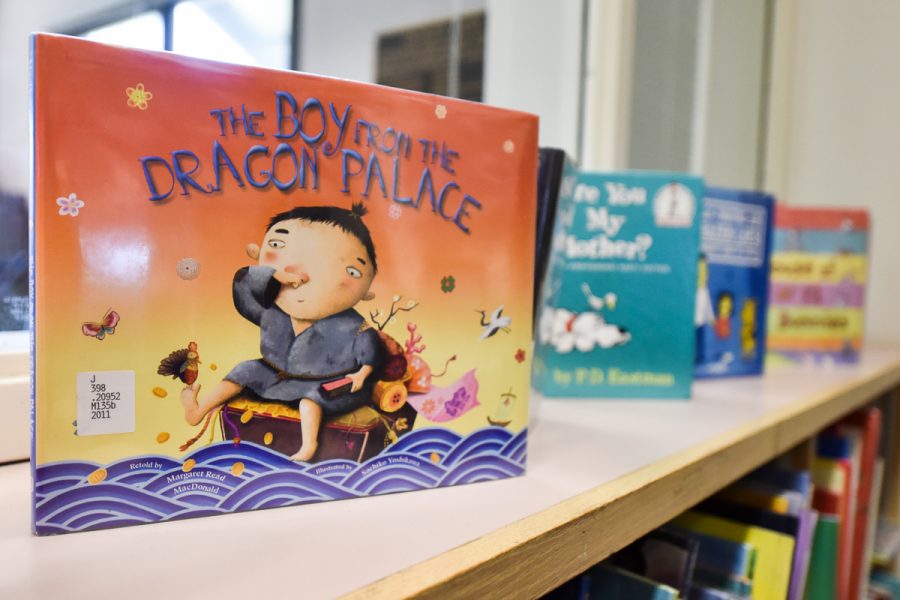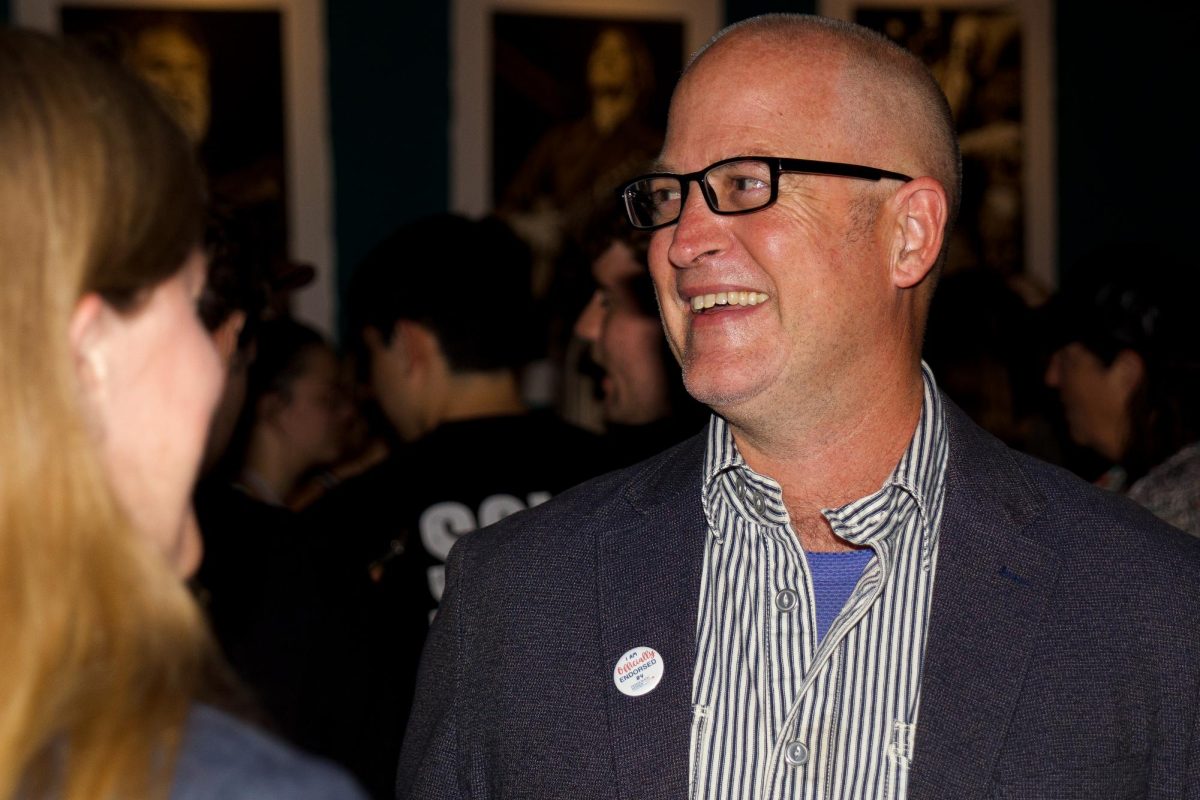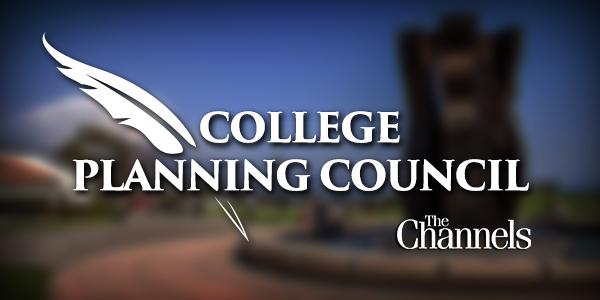Faculty lecturer Pam Guenther discussed building a better understanding of what drives students in order to cultivate a richer learning environment Wednesday in the Garvin Theatre.
The lecture was titled “I Think I Can: Applying Neuroscience and Non-Cognitive Research in the Classroom.” Her speech was centered around human beings ever advancing understanding of the brain, both physically and psychologically. She believes this increased understanding can be implemented in the classroom to help elevate student success.
“There is much more to learning than just the content,” explained Guenther.
She went on to say that neuroscience deals with the function or structure of the brain and nervous system, while non-cognitive traits are defined as patterns of thoughts, feelings, or behaviors. She explained that in the past, traits such as self-motivation, perseverance, work ethic and even study habits were thought to be things people were born with and could not learn.
However, neuroscience and non-cognitive research have come together in recent years to dispel old theories about the learning process.
The product of this collaboration will hopefully provide instructors with new teaching strategies that will help them aid students struggling to develop the non-cognitive skills they need to succeed.
“We aren’t born with these skills,” said Guenther. “But we are born with the ability to learn them.”
She then elaborated on the importance of teachers and students adopting what is known as a “growth mindset” instead of a “fixed mindset.” The growth mindset is the belief that intelligence, abilities, and talent can be improved or developed. She described individuals with this mindset as those who embrace challenges, persist past obstacles, and are inspired by the success of others around them.
Oppositely, those with a fixed mindset believe that these same traits are something that an individual is either born with or is not. Individuals with this fixed mindset tend to quit when faced with adversity and have a difficult time succeeding academically and otherwise.
“It is important that teachers and students recognize when they are in a fixed mindset and move to a growth mindset,” said Guenther.
She explained that students with a fixed mindset may come into college unsure of their ability to achieve their academic goals. Once these individuals are faced with criticism or failure they often quit because they do not believe there is a way to develop the necessary skills to succeed.
Guenther explained that these people, more often than not, feel socially disconnected from their peers and school. A sense of belonging has a strong impact on student’s success in reaching their academic goals. Guenther believes students must begin to learn how to embrace their mistakes, failures and struggles because they are all vital to the learning process.
In order to increase student’s feeling of belonging, she explained that schools must utilize collaborative learning exercises, foster positive interactions between students and teachers, develop a supportive climate on campus, and hold high academic standards backed up with proper support.
Guenther ended by conveying a goal to the audience. There are three crucial beliefs that, if taught correctly, will motivate students. They must believe that they can learn the material, that they want to learn because the material is important, and that they belong at their school.
The theatre erupted into applause as Guenther’s lecture concluded. Three simple statements were left on the screen as the audience began to exit.
“I can, I want to, I belong.”

















